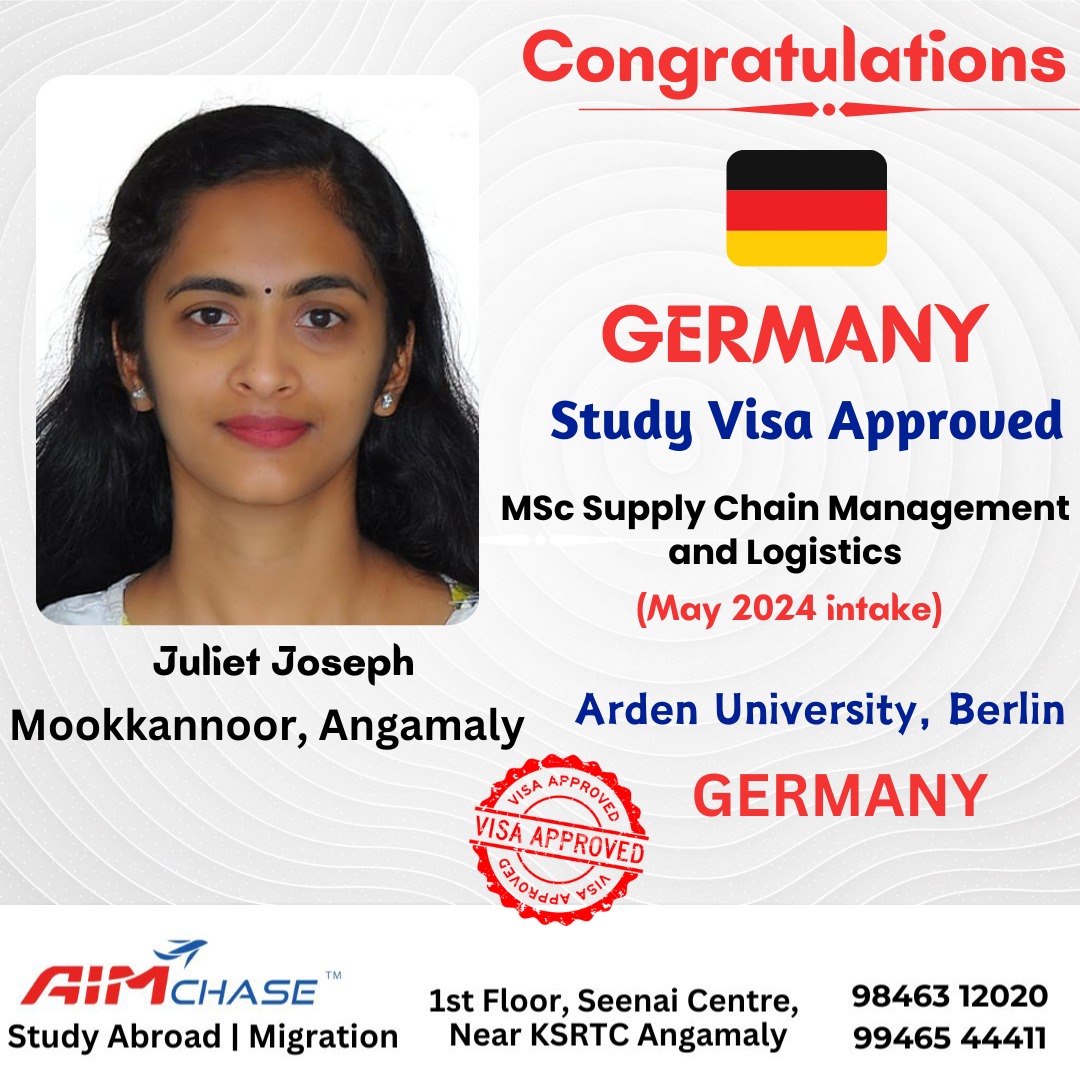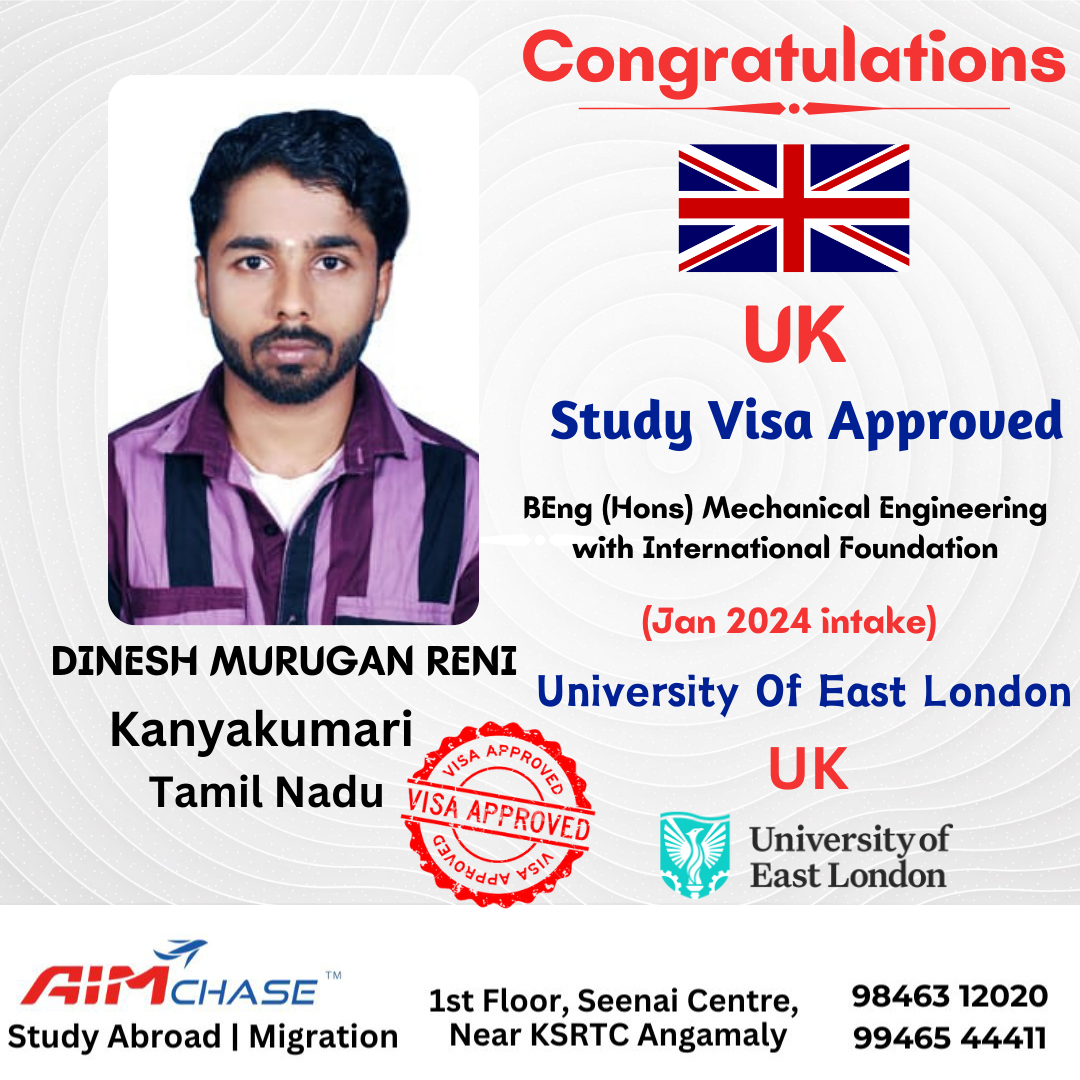 Germany
Germany
Germany has an international reputation as a provider of quality education. For students, study in Germany offers a safe learning environment with excellent study opportunities and support services for international students. Students are advised to enroll in courses approved by the German ministry of education. These courses meet international standards and are recognized world-wide.Because Germany offers so many opportunities for international students to continue their education, many of them decide to study there. Students can enroll in foundation programs offered in the sectors of health, information technology, engineering, and management if they were not admitted to the needed course because of their low marks. Students will be qualified for admission to master's and bachelor's programs in the relevant fields after completing the course.Students will be able to learn German as part of the foundation curriculum.
The low cost of education in Germany is a significant benefit for students from other nations. In particular, tuition at public universities is free or very low for both domestic and foreign students. Together with its excellent educational system, Germany is an excellent option. Germany’s strong economy provides ample opportunities for internships and employment during and after studies. The post-study work options for international students are favorable, allowing them to stay in the country and seek employment for an extended period.Additionally, Germany is known for its multicultural environment, welcoming atmosphere, and efficient public services. Most programs are offered in English, easing the transition for international students. The country’s central location in Europe also allows for easy travel to neighboring countries, adding to the overall cultural experience.
Language: Germany
Currency: Euro
1 Euro = Rs.79.00
Capital: Berlin
Cities: Berlin, Munich, Cologne, Frankfurt, Hamburg, Bonn.
Religion: Christianity, Islam, Buddhism.
Population: 81.8 million
The following are a few explanations behind students' decision to study in Germany:
Advanced Education System: Germany is well known for having excellent educational institutions,especially in the medical sciences, engineering, and technology domains. Numerous German colleges are consistently ranked in the top 100 worldwide.The German Educational System
Different kinds of higher education institutions exist, including:
Universities: Providing a vast array of educational opportunities.
Universities of Applied Sciences: Based on collaboration with industry and real-world application.
Technical universities: Focused on technical and engineering-related fields.
Bachelor's Degree (B.A., B.Sc., etc.):
Description: Typically a three to four-year undergraduate degree program offered at universities and universities of applied sciences.
Purpose: It provides a comprehensive education in a specific field.
Master's Degree (M.A., M.Sc., etc.):
Description: Typically a one to two-year postgraduate degree program building on a bachelor's degree.
Purpose: It allows for specialization in a specific area of study.
Diplom:
Description: Historically used for engineering and science programs at universities, but has been largely replaced by the bachelor's and master's system.
Doctorate (Ph.D.):
Description: A research-focused degree obtained after completing a master's program.
Purpose: It qualifies individuals for advanced research positions and academic careers.
If your course is in English, you will need to show your English language ability with the TOEFL or IELTS. Alternatively, you will need to show confirmation of your German language proficiency if your course is in German and you are an international student. For study in
German, German universities typically require levels B2 through C1.
International students may also be required by certain universities to take an aptitude test called TestAS, which measures their aptitude for meeting the requirements of the degree program. Since some German universities do not require this test certificate at all for entrance, it is not required for all universities; for others, it is an alternative.
International students' educational expenses in Germany vary according to the type of institution and study level. It is noteworthy because, in comparison to many other nations, cost of education
at German public institutions is really affordable. Still, there are some expenses related to studying, and they can differ. Here are a few broad recommendations:
Winter Semester:
Start: It usually gets start in September/ October.
For the winter semester, most of the public colleges have an application period that runs from early May until mid-July and Private colleges opens application from January till July.
Summer semester,
Start: It usually gets started in February/March.
Application Period: Early December to mid-January is usually when applications are accepted for the summer session in Public Universities and Private colleges accept application from June to January
Top Public Universities in Germany
Numerous prestigious public universities in Germany are renowned for their contributions to research and academic quality. Remember that different ranking systems use different criteria, therefore university rankings may differ. These are a few of Germany's best public universities:
Top Courses in Germany
Germany is known for offering a wide range of high-quality courses across various disciplines. The popularity of specific courses may vary based on student preferences, industry demand, and emerging trends. Here are some of the top courses for Study in Germany:
In Germany, international students are entitled to work rights that enable them to take part-time jobs in addition to their studies. The purpose of these employment rights is to assist students in meeting their living expenses and gaining real-world experience. The following are the main employment rights in Germany for foreign students:
Part-Time Work While Studying: International students may work part-time for up to 120 full days or 240 half days per year without first getting authorization from the Federal Employment Agency (BA).
The 120 full days are usually calculated cumulatively over the course of the year, and hours are not included in this constraint; only entire days are.
Full-Time Employment: During semester vacations or non-lecture periods, students are allowed to work full-time without authorization.
The interval between the end of lectures and the start of the following semester is commonly referred to as the semester break.
International students completing their studies in Germany are eligible to apply for a Job Search Visa for up to 18 months.
The Job Search Visa allows graduates to stay in Germany and search for a job related to their field of study.
























